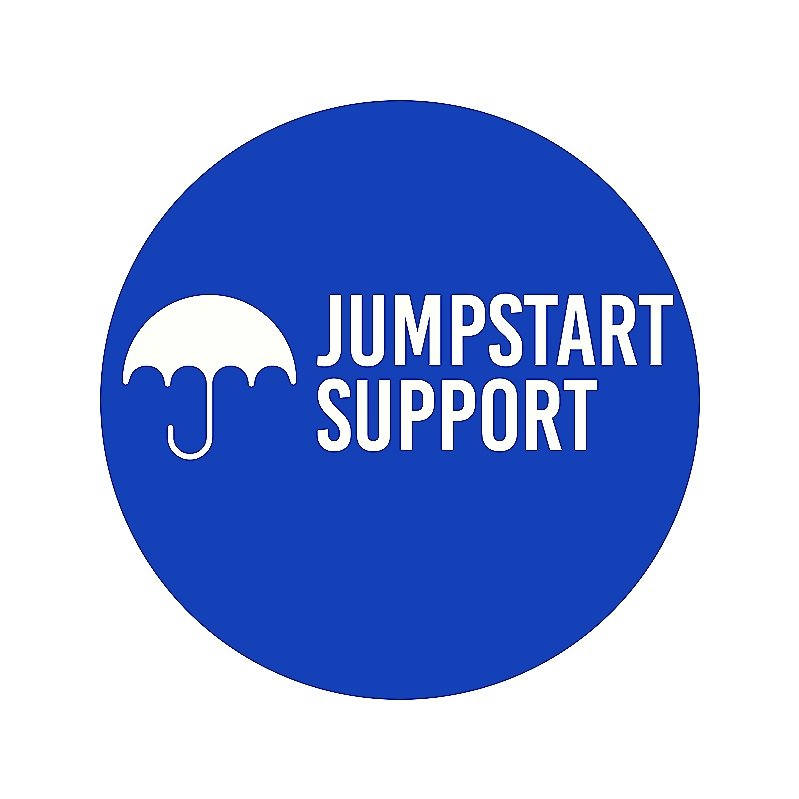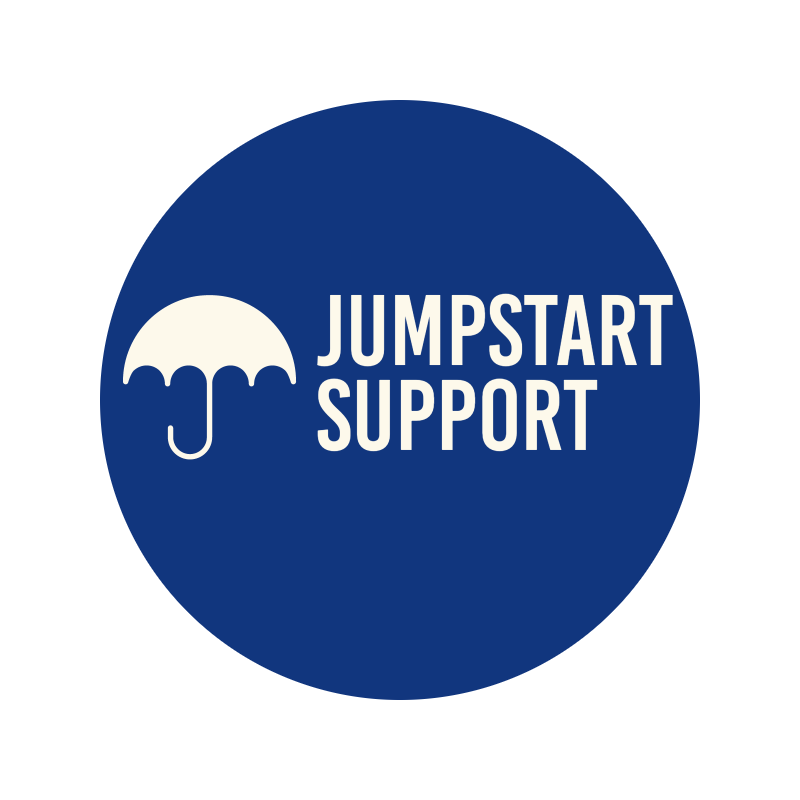The Power of Inclusive Hiring for Neurodiverse Candidates
In a world where diversity isn't just a buzzword, but a fundamental pillar of corporate culture, the conversation around inclusion has broadened to encompass neurodiversity. As we seek to reap the benefits of varied perspectives and capabilities, creating an inclusive interview process for neurodiverse candidates has emerged as a priority for progressive organisations. This comprehensive guide is tailored for recruiters, HR professionals, and hiring managers, and zeroes in on strategies to enhance your recruitment processes for genuinely inclusive outcomes.
Defining Neurodiversity and Its Relevance in the Workplace
The term 'neurodiversity' challenges traditional notions of 'normal' cognitive processes. It encompasses the unique ways in which individuals' brains function and process information. Conditions such as autism, ADHD, dyslexia, and others, are all part of the neurodiversity spectrum.
Understanding and recognising neurodiversity is not just a matter of compliance with inclusivity regulations; it’s an opportunity to tap into an incredible pool of talent. Neurodiverse individuals often excel in areas such as pattern recognition, logical reasoning, and innovation—skills that modern organisations increasingly value and seek.
The Business Case for Neurodiverse Hiring
Numerous studies have shown that an inclusive workplace leads to higher innovation, better problem-solving, and increased productivity. It's evident that employees with diverse neurocognitive profiles can offer a fresh perspective on complex tasks, driving business success.
Organisations that actively recruit and support neurodiverse talent also enjoy lower staff turnover rates and increased employee satisfaction. The benefits extend beyond the individuals to encompass the holistic enrichment of workplace dynamics.
Understanding the Gaps in Traditional Recruitment Processes
Despite the goodwill and the compelling business case, many firms find their recruitment processes inadvertently discriminatory. Traditional interview structures, with their emphasis on oral communication, social cues, and rapid problem-solving under pressure, can present significant barriers for neurodiverse individuals.
Identifying Common Pitfalls in Neurodiverse Recruitment
One-size-fits-all questions and assessment criteria can overlook the unique skills and experiences that may not be effectively communicated in a typical interview setting. Furthermore, unexamined biases can unconsciously influence decisions, leading to a less diverse workforce and consequently, missed opportunities for the business.
Neurodiverse Hiring: Best Practices and Strategies for Inclusive Recruitment
Building a recruitment process that is genuinely inclusive requires a thoughtful approach and a willingness to adapt. Here, we outline best practices designed to level the playing field for all candidates.
Tailoring the Interview Process to Neurodiverse Needs
Flexibility is key. Consider offering a range of interview methods, such as written tasks, presentations, or small group discussions, to allow candidates to showcase their skills through a medium that suits them best. Additionally, providing clear instructions and ample preparation time helps to reduce anxiety and allows individuals to perform at their best.
Training Interviewers and Decision-Makers
Equip your team with training that includes education on neurodiversity, identification of unconscious bias, and an understanding of how to adapt communication to ensure a positive and effective interaction with all candidates.
Providing a Mentor or Advocate
Assign a mentor or an internal advocate who is knowledgeable about neurodiversity to support candidates throughout the interview process, from application to onboarding, and beyond.
Rethinking Job Descriptions and Required Skills
Re-evaluate the essential criteria in job descriptions. Focus on what is truly necessary for the role, and consider whether rigid requirements could be excluding neurodiverse applicants who bring a different profile of competencies and experiences.
The Impact of Inclusive Hiring on Workplace Culture and Productivity
Inclusive hiring is more than a checkbox exercise; it profoundly shapes the fabric of an organisation.
Foster an Environment of Equity and Acceptance
A commitment to fairness and empathy in the recruitment process translates to a workplace culture that values all its members. Implement policies and practices that allow for reasonable accommodations and support the ongoing development of diverse staff.
Cultivating an Innovation-Rich Culture
The unique perspectives neurodiverse employees bring can be a catalyst for fresh ideas and solutions. By creating an environment that encourages open dialogue and the sharing of varied viewpoints, organisations can foster a culture of constant innovation and continuous learning.
Driving Employee Satisfaction and Retention
When employees feel valued and included, they are more likely to be engaged and satisfied in their roles. In turn, this contributes to higher retention rates, reducing the costs and disruption associated with staff turnover.
Overcoming Challenges in Implementing Neurodiversity Strategies in Recruitment
Integrating neurodiversity into recruitment practices is a dynamic process that may encounter resistance or require iterative adjustments.
Gaining Buy-in from Leadership
Leadership support is vital. Articulate the business benefits of neurodiverse hiring and ensure that inclusivity is a core value communicated from the top down.
Building Supportive Frameworks
Establish networks or partnerships with organisations that specialise in supporting neurodiverse individuals to ensure access to resources and expertise that can assist in the recruitment process and ongoing employee support.
Completing the Feedback Loop
Encourage open feedback from candidates about their interview experiences. Act on constructive criticism to refine and improve the inclusivity of your hiring practices.
Real-World Examples: Companies Successfully Embracing Neurodiverse Talent
Stories of success can inspire and provide a roadmap for others looking to embed neurodiversity in their hiring practices.
Leveraging Technology and Collaboration
Several tech companies have been pioneers in creating neurodiverse hiring programmes by utilising technology, remote work, and flexible structures that play to the strengths of neurodiverse individuals.
Empowering Self-Advocacy and Peer Support
An increasing number of companies are establishing employee-led affinity groups to provide a forum for sharing experiences, providing support, and advising on workplace adjustments.
Call to Action: Continuing the Conversation and Taking Practical Steps
The work of creating an inclusive environment for all employees is ongoing and requires a multifaceted approach.
Encourage Dialogue and Education
Host workshops, seminars, or discussion groups to educate employees at all levels about the value of neurodiversity and the practical steps for embedding it in the recruitment and workplace environment.
Partner with Advocacy Groups
Form strategic alliances with community organisations and advocacy groups that work with neurodiverse individuals to learn from their expertise and to support a talent pipeline that is genuinely diverse.
Take the First Step
Inclusion is a process, not an end goal. Start by implementing a single change in your recruitment process, such as offering alternative interview formats, and build upon these over time.
In conclusion, an inclusive interview process for neurodiverse candidates is neither simple nor single-faceted. It requires a comprehensive rethinking of traditional recruitment practices, ongoing commitment to education and self-awareness, and a steadfast dedication to creating equitable opportunities for all. But the rewards of such an effort are manifold – a dynamic, innovative, and truly diverse workforce that can propel your organisation to new heights of success and social impact. It's time for a recruitment revolution that honours the full spectrum of human capabilities and ensures that no talent goes to waste.

